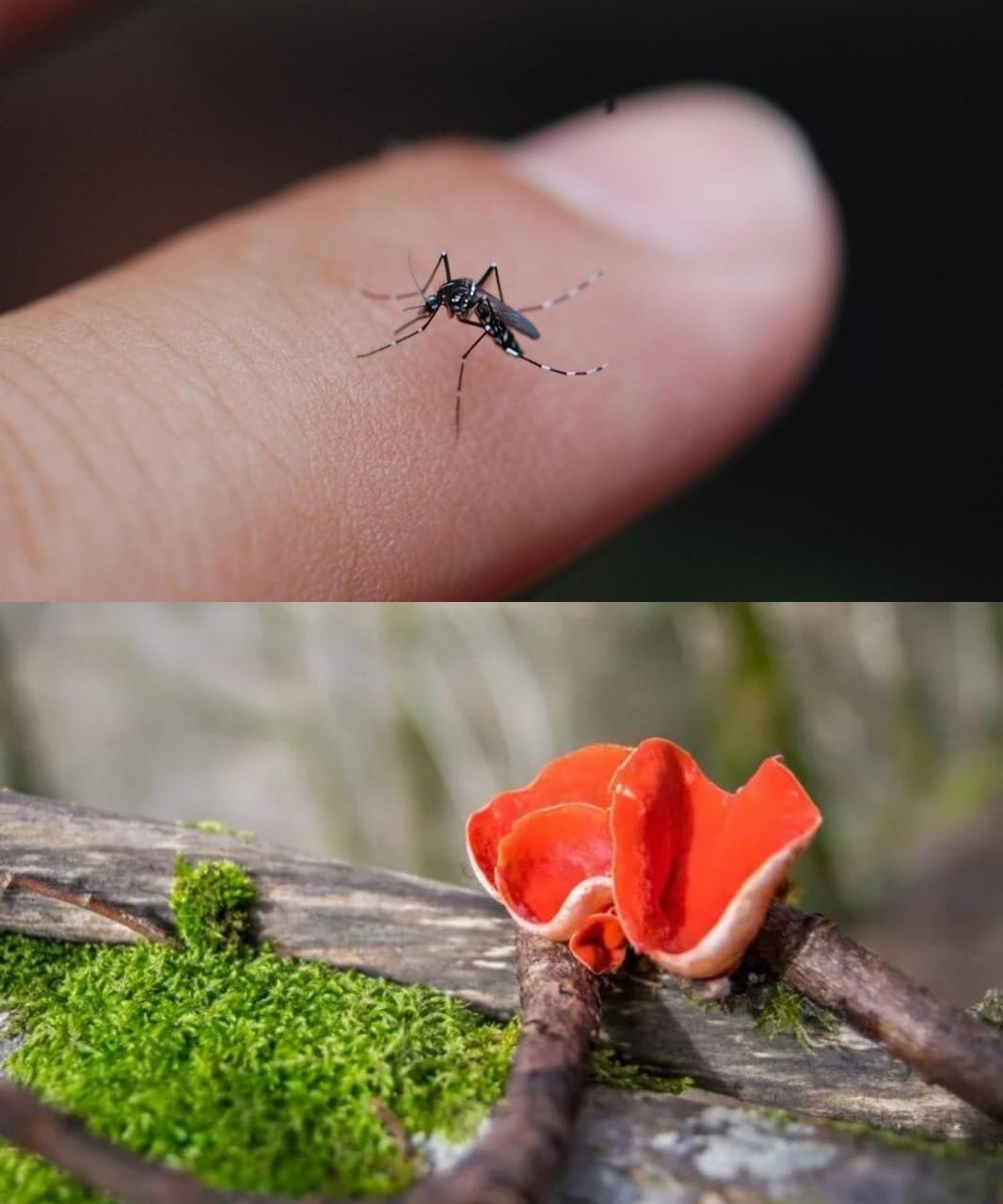ADVERTISEMENT
### Natural Methods to Control Insects
#### 1. **Insecticidal Soap**
Insecticidal soap is a safe and effective method for controlling a wide range of garden pests, including aphids, whiteflies, and spider mites. These soaps are made from plant oils that suffocate the insects without harming your plants. You can purchase ready-made insecticidal soap or make your own by mixing 1 tablespoon of mild liquid soap with 1 gallon of water.
To use, spray the solution on the affected plants, focusing on the undersides of leaves where insects tend to hide. Be sure to test the solution on a small part of the plant first to ensure it doesn’t cause any damage.
#### 2. **Diatomaceous Earth**
Diatomaceous earth is a natural, non-toxic powder made from the fossilized remains of diatoms (microscopic algae). It works by dehydrating insects when they come into contact with it, causing them to die. This method is particularly effective for controlling soft-bodied insects like aphids, fleas, and slugs.
Sprinkle diatomaceous earth around the base of plants or directly onto affected foliage. Be sure to reapply after rain or heavy watering, as the powder can lose its effectiveness when wet.
#### 3. **Beneficial Insects**
Introducing beneficial insects into your garden is one of the most effective and natural ways to control pests. Predatory insects, such as ladybugs, lacewings, and predatory beetles, feed on harmful pests like aphids, scale, and mites. By attracting or introducing these beneficial insects, you can keep the harmful insect population in check.
To attract beneficial insects, plant flowers like daisies, sunflowers, and fennel, which are known to attract ladybugs and other predators. You can also purchase beneficial insects from garden centers or online retailers.
#### 4. **Companion Planting**
Certain plants naturally repel insects. By planting them alongside your other crops, you can naturally protect your plants from pests. Some common insect-repelling plants include:
– **Marigolds**: Known to repel aphids, whiteflies, and nematodes.
– **Basil**: Repels mosquitoes, flies, and aphids, and also enhances the flavor of nearby plants like tomatoes.
– **Garlic and Onions**: Both plants have strong scents that can deter pests like aphids, spider mites, and Japanese beetles.
Planting these species near vulnerable plants can help protect your garden from insect infestations.
#### 5. **Neem Oil for Insect Control**
In addition to its antifungal properties, neem oil is also a powerful insecticide. It works by disrupting the feeding and reproductive systems of pests, making it an effective tool for controlling insects like aphids, whiteflies, and mealybugs. Simply mix neem oil with water according to the product’s instructions, and spray it directly onto your plants.
Neem oil also acts as a preventative treatment, so regular application can help keep insects at bay.
—
### Conclusion
Protecting your plants from fungi and insects doesn’t have to mean resorting to harmful chemicals. By using natural methods like organic fungicides, proper watering techniques, beneficial insects, and natural insect repellents, you can create a healthy, thriving garden that’s both beautiful and eco-friendly.
Not only are these methods safer for the environment, but they also promote a sustainable gardening practice that protects the soil, water, and all the beneficial creatures that make up a healthy ecosystem. Whether you’re a beginner gardener or an experienced horticulturist, implementing these natural solutions will ensure that your plants stay healthy and pest-free for years to come.
By choosing natural, sustainable options, you are not just protecting your plants from fungi and insects—you are also nurturing a garden that contributes positively to the environment. Happy gardening!
—
This article should provide a comprehensive and practical guide for protecting plants from fungi and insects using natural methods, ensuring your gardening practices remain environmentally friendly while keeping your plants healthy and thriving!
